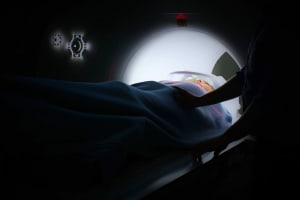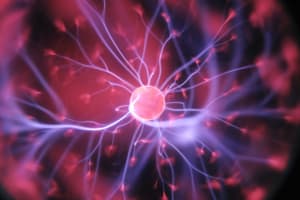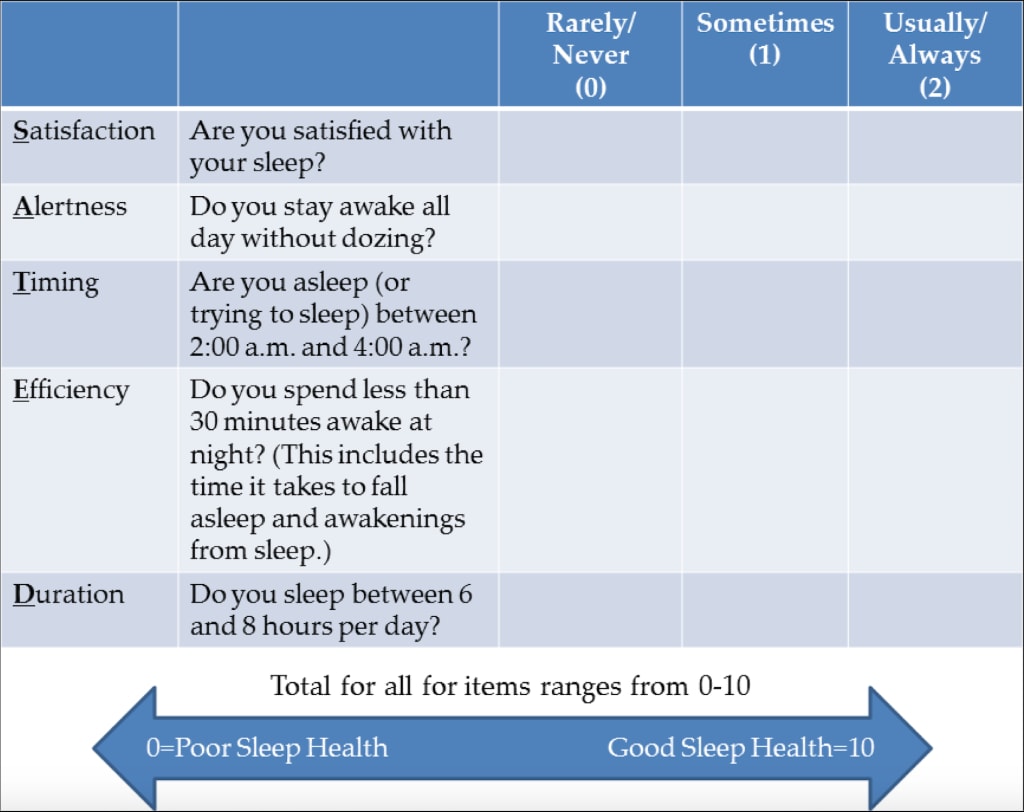
We all know that sleep is good for many obvious reasons: it makes us more creative, less likely to get sick, and reduces stress. It also makes us alert, puts us in a good mood, and makes it easier to deal with people. Moreover, we know that when we don’t sleep, the negative effects are just as obvious.
We also all know that we do it a lot. We do it so much, in fact, that the circadian neuroscientist Russell Foster claimed in his TED talk, Why do we sleep? that the average adult at age 90 will have spent over 32 years of their life asleep – over one-third of our lives.
But the fact is that we (well, scientists) are still in the dark about exactly why we sleep. There is no thorough consensus on the nature and purpose of one of nature’s most mysterious acts. Though there are dozens of theories, the debate rages on, and researchers around the world, from a number of fields ranging from neuroscience to sociology, continue to put forward new ideas about why we are called to drift off every night.
Here, we will try to give you a simple overview, as well as a few more intricate theories.
Our brain and body time to reboot
Sleeping is a regulatory function that our brain controls, much like eating or drinking. That system is highly advanced, involving complex functions between numerous parts of the body and brain. This points to it being as important to our well-being as eating and drinking – in fact, scientists have noted that you can survive longer without food than you can without sleep.
In a nutshell, there is a general understanding that bedtime is when our brain and bodies perform certain fundamental processes, that can’t be achieved while awake. It’s these functions that help us in our daily lives. In other words, like a car, we regularly require time in “the shop” for maintenance and repairs that we can’t do while we’re driving. Sleep is similar to a mechanic’s garage.
But its precise nature of what jobs the mechanic is doing is where things get more complicated.
Why we sleep
Simply to give our brain time to go through potentially hundreds of different specialized functions. The far more complicated answer to the question “why do we need sleep?” is a much less satisfying one. The truth is, we honestly are not certain as to why. As mentioned above, the brain becomes active during sleep in some unique ways, suggesting that special activities are occurring. We also tend to save energy overall while we sleep, giving rise to evolutionary speculation on the usefulness of sleep.
There are dozens of complex theories on why we sleep. Each one is focused on a specific outcome that sleep delivers. Most likely it is the case that we sleep for a combination of reasons that draw from many theories.

Here are four of the main theories about why we sleep:
Energy Conservation Theory:
- This theory is based on the idea that sleep provides us with a way to save our energy in the brain and body. Scientists in this camp posit that sleep is a time for us to power down, and avoid expending unnecessary energy. It is in part derived from an evolutionary perspective that claims there is an advantage to saving energy at night before becoming active again in the day. Believers point to the slow down of physical processes (breathing, heart rate, etc.) and increase in metabolic activity. Critics point out that our brains are often just as active during sleep as they are during consciousness, save for non-REM sleep periods. A much-used anecdote is that the amount of energy you conserve during sleep is equivalent to about one piece of toast; not exactly a massive cache.
Restoration Theory:
- The restorative theory of why we sleep is based on the idea that the brain and body undergo many rejuvenating and healing processes while we rest. The brain uses sleep to clear out cellular waste buildup through a complex structure called the glymphatic system. This process also clears out the buildup of adenosine, a neurochemical that is responsible for the sensation of sleepiness that accumulates anew each day. Drowsiness or that sleepiness sensation can be also a symptom of various illnesses and disorders, not simply a sleep disorder. Some researchers have also discovered that some people with high or even normal blood pressure issues encounter a 20% – 30% decrease in their blood pressure and a 10% – 20% decrease in their heart rate. These processes help us to feel more alert and aware in the mornings. On a physical level, our body regrows muscle and tissue, releases hormones, and completes other restorative functions.
The physically restorative aspects are especially important for children and teenagers who are growing a lot.There is no hard and fast rule that determines specifically how long every kid needs to sleep, but here are some suggestions that can help you plan a good range. Infants and newborns obviously require the most sleep, than toddlers. Once your child is four years old their required sleep needs will again change. 4-year-old children need around 10-12 hours of solid sleep. Around 3 to 4-year-olds need around 10 to 13 hours each day, but no naps; they need to get all their sleep during the night. From ages 6 to 13 years old the child needs 10.5 – 11 hours, but some early teens can go 12+ hours of sleep each nice.
- The restorative theory of why we sleep is based on the idea that the brain and body undergo many rejuvenating and healing processes while we rest. The brain uses sleep to clear out cellular waste buildup through a complex structure called the glymphatic system. This process also clears out the buildup of adenosine, a neurochemical that is responsible for the sensation of sleepiness that accumulates anew each day. Drowsiness or that sleepiness sensation can be also a symptom of various illnesses and disorders, not simply a sleep disorder. Some researchers have also discovered that some people with high or even normal blood pressure issues encounter a 20% – 30% decrease in their blood pressure and a 10% – 20% decrease in their heart rate. These processes help us to feel more alert and aware in the mornings. On a physical level, our body regrows muscle and tissue, releases hormones, and completes other restorative functions.
Inactivity or Preservation Theory:
- This interesting evolutionary theory of sleep holds that we developed the habit over time as a way to keep ourselves out of trouble. Sleeping for up to 8 hours a night, scientists claim, was a good way for our evolutionary ancestors to avoid putting themselves in the way of predators or other harmful environmental forces. Since many predators are active at night and possess sensory advantages for navigating the darkness, it is plausible that there could be an evolutionary advantage for those who became inactive during this time. However, critics say that it is just as plausible that there would be an evolutionary advantage to being alert and able to react to the heightened threats in the evening.
Brain Plasticity Theory:
- This theory is one of the newest, and most deeply rooted in the empirical evidence yielded by modern neurological investigations. In this theory, sleep provides a period for the brain to reorganize and process information gathered during the day, and literally rewire itself. We know that during deep sleep, and especially during the REM periods, our brain is active in sorting through memories, discarding irrelevant ones, and moving important ones from short- to long-term memory. Scientists also point to the importance of sleep for infants whose brains are rapidly developing; they need to sleep more than adults and spend more time in the REM part of the sleep cycle. The idea that sleep allows the brain to process information and change according to that information continues to gain popularity as new technology allows for ever closer monitoring of neural activity during the night.

 Different stages of sleep affect our creative mind differently
Different stages of sleep affect our creative mind differently
 From carefree kids and overworked parents to even the
From carefree kids and overworked parents to even the  Although there probably isn’t one “perfect” nap, there are certainly
Although there probably isn’t one “perfect” nap, there are certainly 



